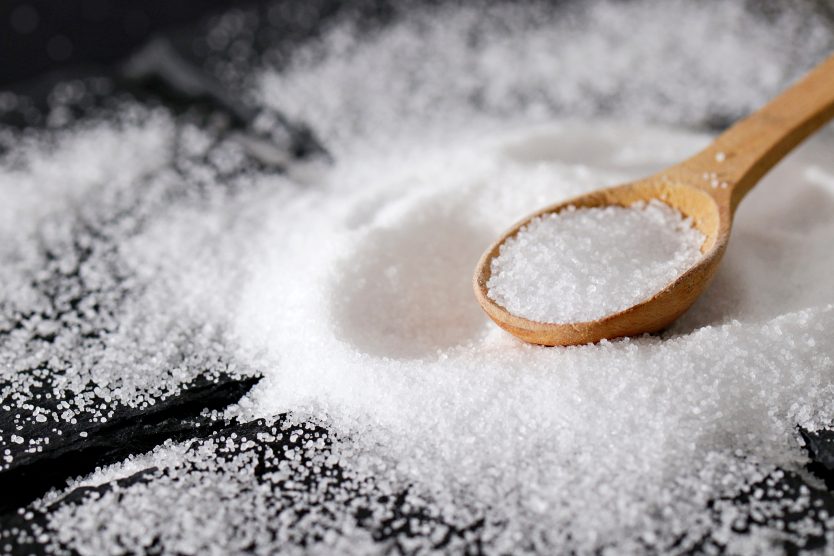If you experience overactive bladder (OAB), then you’d probably do just about anything to stop leaking. Not only does this condition impact your quality of life, OAB also affects your mental health, as it’s linked to depression and anxiety, as well as sleep and psychotic disorders.
A new study may help offer some relief for people with OAB. As it turns out, reducing your salt intake may help improve symptoms. Here’s what you need to know.
All About OAB
Overactive Bladder Symptoms
Like the name suggests, overactive bladder is a condition in which people experience frequent, sudden urges to urinate (described as more than 8 times in a 24 hour period), and/or urinary incontinence. They may also experience nocturia, which is waking up more than two times a night to urinate. With OAB, your bladder is, quite literally, overactive.
This frequent need to urinate and unintentional urination are the primary symptoms of OAB. Like we’ve covered, OAB is also linked to mental health issues, including an increased risk of dementia and anxiety. 1
Think about it: if you’re getting up more than two times a night to go to the bathroom, you’re not getting quality sleep. This can be particularly troubling for women with other pelvic floor disorders, given the relationship between pelvic pain and sleep.
Salt Intake & OAB Symptoms
There’s still a lot we don’t know about OAB. There’s no cure yet, but it can be managed well. And a new study is adding to our understanding of how to manage it.
Specifically, a recent study published in Scientific Reports followed 98 patients with OAB symptoms, all of whom consumed ‘excess salt’ (8 or more grams a day for men, 7 or more for women). Over the course of three months, the participants who were able to reduce their salt intake saw significant improvements in their OAB symptoms. In fact, 23.9% of those who restricted their salt no longer met diagnostic criteria.
This may be a small sample, and the authors are not able to determine why reducing salt improved OAB symptoms.
That said, the authors do conclude that “it is important to emphasize that reducing the salt intake for managing OAB is a pharmaceutical-free, safer, and more economic approach as compared to medication and surgery. This approach would minimize the risk to health in most individuals; it is beneficial for many different diseases and could improve survival and the quality of life. Hence, we believe that salt intake reduction should be recommended for patients with OAB in routine medical practice.” 2
More Ways To Improve OAB Symptoms
Like the authors of this study highlight, improving diet (in this case, specifically salt intake) is an inexpensive intervention for OAB that has other health benefits. There are many other similar steps you can take to help improve symptoms.
Specifically, you might want to avoid or limit seltzer water and drinks with caffeine or artificial sweeteners, which can irritate your bladder. You’ll want to stay hydrated, but you may also want to mange your water intake.
Sometimes botox is used to treat bladder problems. Other times, performing Kegels and/or working with a pelvic floor physical therapist to strengthen the pelvic floor muscles can help.
In short: there are many ways to help treat your OAB symptoms, and there is no reason to suffer in silence. Get help. Learn more about when to see a doctor about your incontinence here, and use our Physician Finder to find a pelvic health specialist near you.
















